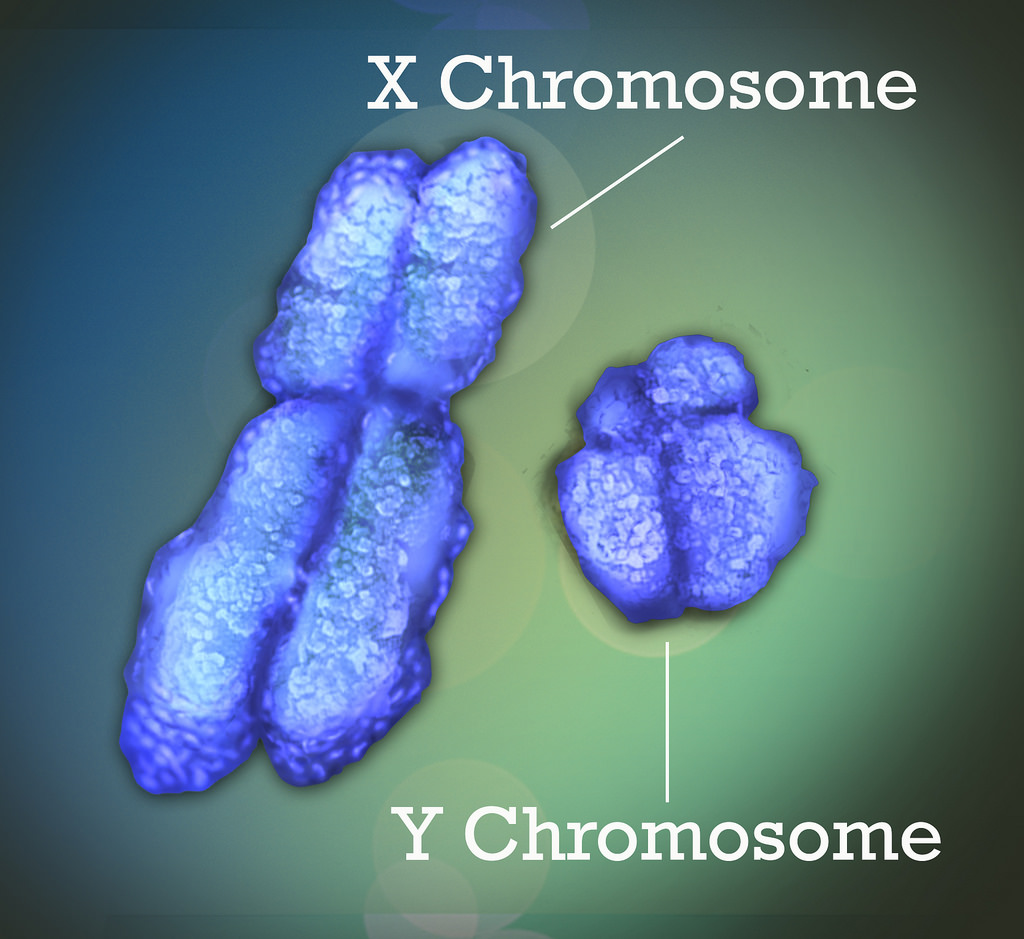The Y chromosome is one of the two sex chromosomes in many animals, including mammals, reptiles, and birds. The other sex chromosome is the X chromosome. Males have one Y chromosome and one X chromosome, while females have two X chromosomes. The Y chromosome contains a gene that determines male gender.
The Y chromosome is passed down from father to son. It is believed to have arisen about 200 million years ago and has undergone very little change since then. This lack of change makes it a useful tool for studying human evolution. For example, all men who share the same Y-chromosome are believed to be descended from a common ancestor who lived between 50,000 and 100,000 years ago.
The genes on the Y chromosome are responsible for several male characteristics, such as the development of testes and sperm production. Some of these genes are also involved in cancer development and immunity to certain diseases.


